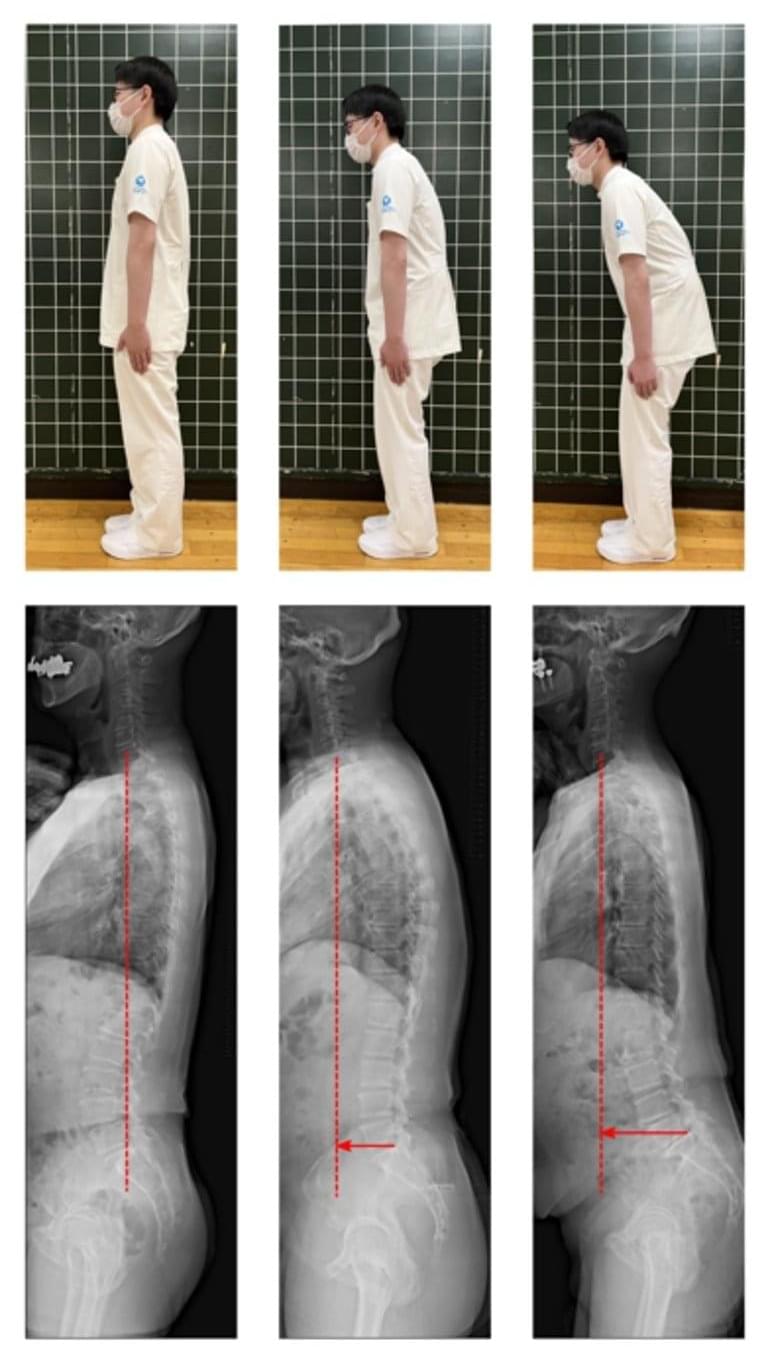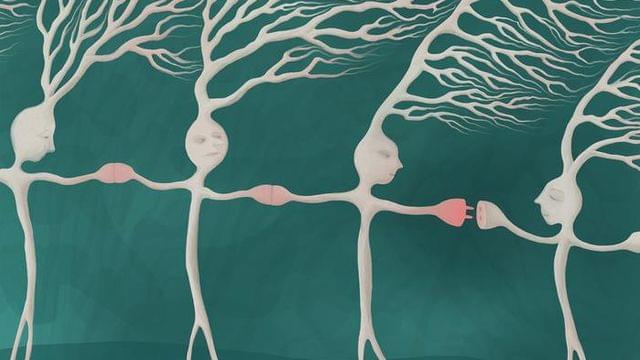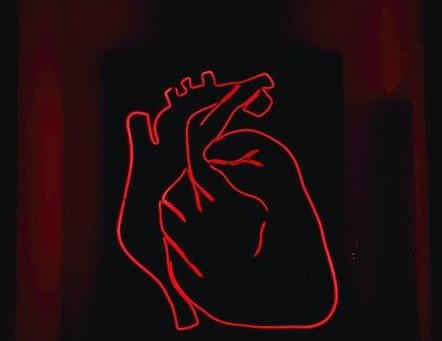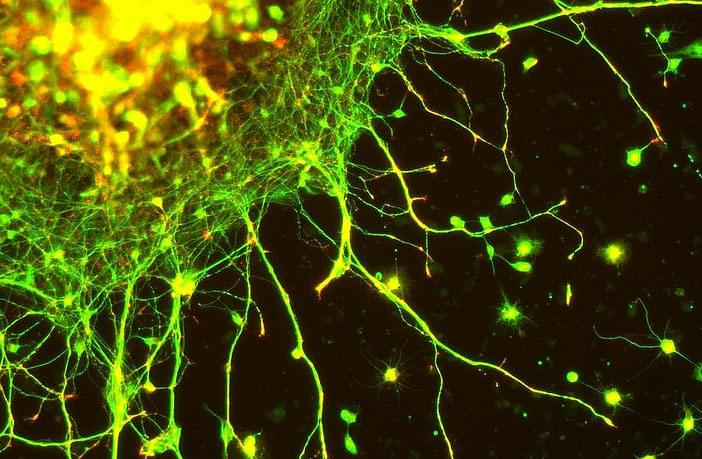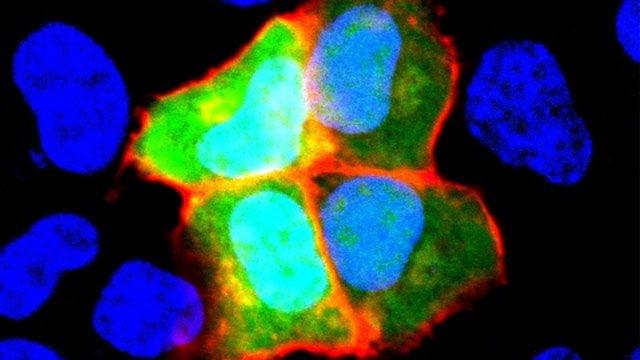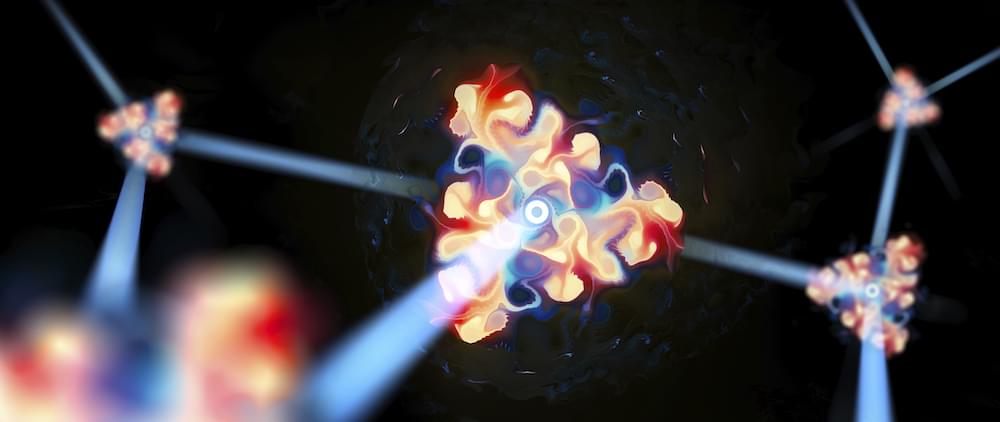Liz mentions combinatorial gene therapy for aging near the end which is something you hear the likes of George Church mention they are working on.
Liz Parrish is the founder of @BioViva Science, a company dedicated to curing biological aging, a disease that is at the root cause of all other chronic diseases from heart disease to Alzheimer’s. Watch this video to understand how much more control we have over our lifespan and health!
💻Connect with BioViva here:
Website: https://bioviva-science.com/
YouTube channel: https://www.youtube.com/channel/UCaBq8hEExcUN6mtKMEuBvMQ
Instagram: https://www.instagram.com/biovivasciences/
Twitter: https://twitter.com/BioVivaScience.
Facebook: https://www.facebook.com/BiovivaSciences/
💻Connect with Liz Parrish here:
Instagram: https://www.instagram.com/lizlparrish/
Twitter: https://twitter.com/parrishliz?lang=en.
☕EAT MEAT. LIFT. REPEAT. mug merch: https://bit.ly/3GuFUXx.
